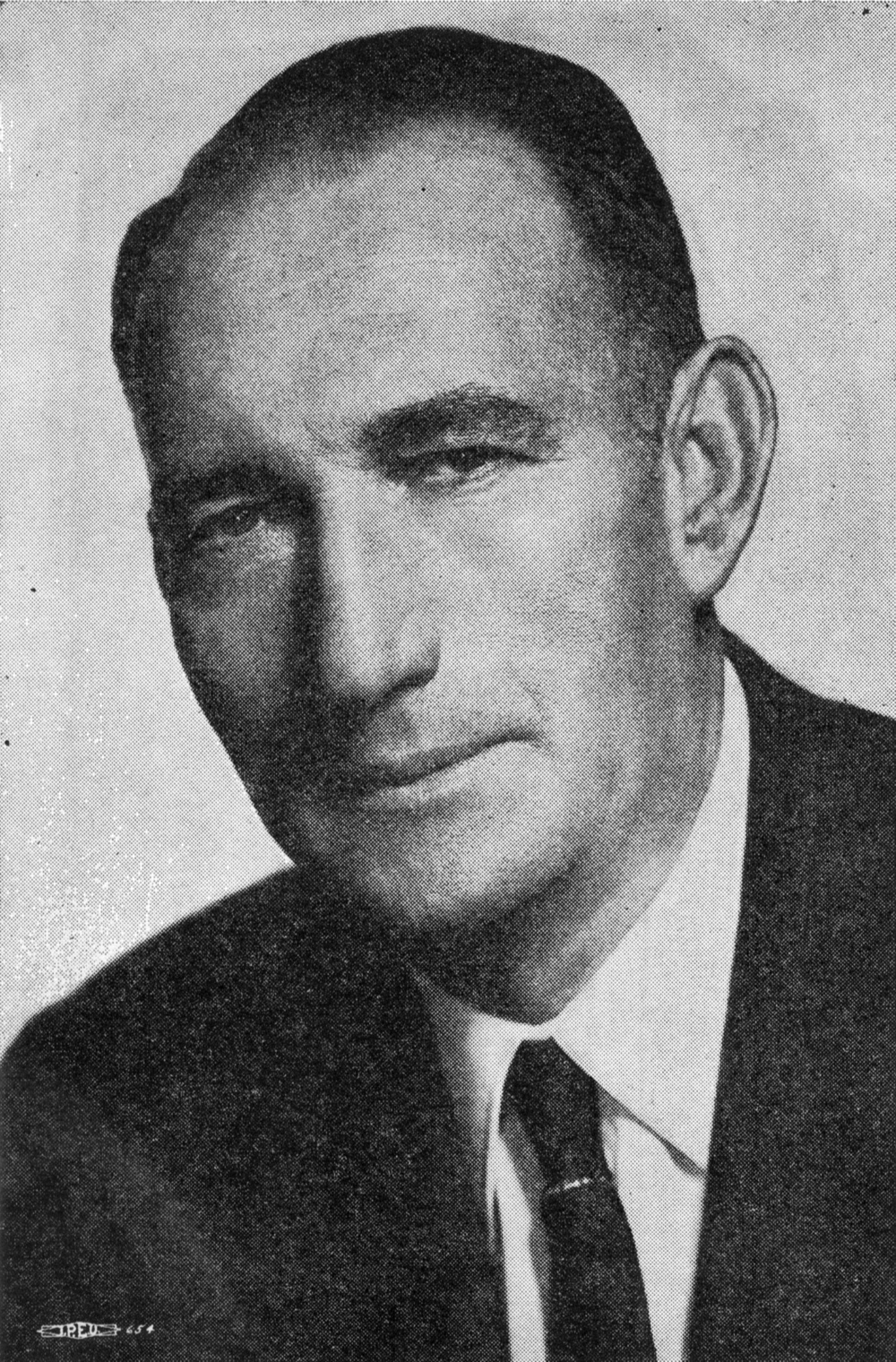|
|

S.C.V. Movers & Shakers.
William G. "Bill" Bonelli.
|
Although steeped in controversy and intrigue in the City of Los Angeles, William Bonelli, aside from owning the future Saugus Speedway, is credited with starting the first post-war housing tract in the Santa Clarita Valley and was known for his philanthropic contributions to multiple organizations in the SCV. Bonelli and his family owned land in Seco Canyon that they subdivided in 1947 to create Rancho Santa Clarita, the first postwar tract of homes in the SCV. This group of homes still exists today and is better known as the Bonelli Tract. Bonelli also had a career in politics in Los Angeles and California, a controversial endeavor that eventually created legal problems that forced him to flee to Mexico. Bonelli's political career started as a Los Angeles City Councilman in 1927. Soon thereafter, he was named president of the City Council when it became clear that none of the other nominees for the position could obtain a majority of the votes of the caucus. As president of the City Council, Bonelli picked the first of two major fights with powerful entities in Los Angeles that eventually caused him great legal problems. He was highly critical of the Los Angeles Police Department, its chief James E. Davis, and the Police Commission. In 1931, Bonelli was elected to the California Assembly and was eventually appointed to the State Board of Equalization, an agency responsible for approving liquor licenses. It was in this position that Bonelli engaged in an ongoing battle with the powerful owners of the Los Angeles Times: Harrison Gray Otis, and later Harry and Norman Chandler. Through their newspapers, Otis and the Chandlers accused Bonelli of obtaining kickbacks on liquor licenses, bribery, and various other crimes. Bonelli fought back with the 1954 ghost-written book, "Billion Dollar Blackjack: The Story of Corruption and the Los Angeles Times," in which he accused the Chandlers of king-making, union busting, civil rights violations and "aligning class against class, race against race, in an attempt to make bigger profits for themselves." Due to the efforts of the Los Angeles Times, Bonelli was indicted by a grand jury in 1939 for soliciting bribes. He fled the country and spent the rest of his life as a fugitive in Mexico.
Alan Pollack, M.D., is president of the Santa Clarita Valley Historical Society.
|
SEE ALSO:
Grand Jury Indictment 1939
Calls for Midnight Liquor Curfew 1942
Bio from Billion Dollar Blackjack (1954)
|
The site owner makes no assertions as to ownership of any original copyrights to digitized images. However, these images are intended for Personal or Research use only. Any other kind of use, including but not limited to commercial or scholarly publication in any medium or format, public exhibition, or use online or in a web site, may be subject to additional restrictions including but not limited to the copyrights held by parties other than the site owner. USERS ARE SOLELY RESPONSIBLE for determining the existence of such rights and for obtaining any permissions and/or paying associated fees necessary for the proposed use.


